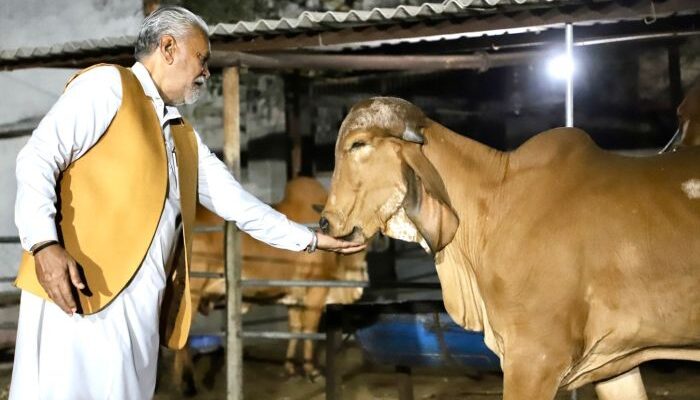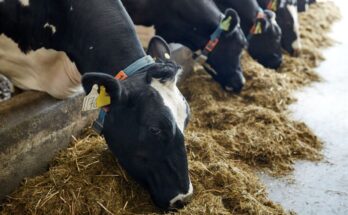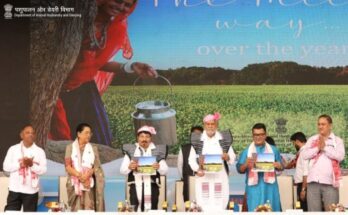Union Minister of Fisheries, Animal Husbandry & Dairying (FAHD), Parshottam Rupala will be launching the ‘Animal Pandemic Preparedness Initiative (APPI)’ as well as the World Bank-funded Animal Health System Support for One Health (AHSSOH) project under the aegis of National One Health Mission tomorrow i.e. on April 14, 2023, at India Habitat Center, New Delhi, the ministry of announced today.
“The Department of Animal Husbandry and Dairying has inked a collaborative project on the Animal Health System Support for One Health (AHSSOH) with the World Bank aiming to create an ecosystem for a better animal health management system using the One Health approach. The project will be implemented in five states and it envisages improving the capacity building of stakeholders involved in animal health and disease management. The project calls for participation by Human Health, Forest and Environment Department at the national, regional as well as local levels for creating and strengthening the One Health architecture including community engagement,” the ministry further said.
You may also like to read – Mariculture offers bright business prospect for India’s coastal region: CMFRI study
According to the announcement, the project aims to cover 151 districts in five participating states, wherein it will target the upgradation of 75 district and regional laboratories, the upgradation and strengthening of 300 veterinary hospitals and dispensaries, aims to train 9000 para-veterinarians and diagnostic professionals and 5500 veterinary professionals. In addition to the above, the awareness campaign on the prevention of zoonotic diseases and pandemic preparedness at the community level by reaching out to six lakh households.
The collaborative project will be implemented over a five-year period as a Central sector scheme with a financial provision of Rs.1228.70 crores. In addition to this, the project will develop an ecosystem for continuous training of veterinarians and para-veterinarians on innovative disease management practices apart from networking laboratories and integrating disease reporting systems for enhanced surveillance of zoonotic and other animal diseases. These foundational activities will help in preparedness for pandemic diseases that impact animals.
You may also like read – India’s carbon footprint from marine fisheries is much lower than global level, reveals study
“The only way to protect us from future pandemics is through a holistic approach called ‘One Health’, which focuses on the health of people, animals and the environment. Strong animal health systems are important as essential parts of the One Health approach and essential to support the food security and livelihoods of poor farmers and reduce the risk of emerging infectious diseases (EIDs) and zoonoses and AMR (Antimicrobial Resistance). It can be done through One Health initiatives adequately priorities animal health system with focus and proper investment in strengthening national veterinary services with insufficient staff and infrastructure, disease surveillance at crucial points, like border areas,” the ministry informed.
“Having preparedness for future such animal pandemic is a key priority for the National One Health Mission. As a part of the upcoming National One Health Mission, the Department has conceived a focused framework of the ‘Animal Pandemic Preparedness Initiative (APPI)’ for future animal pandemics and epidemics,” the Ministry of FAHD said.
The key activities under APPI at different stages of execution
- Defined joint investigation and outbreak response teams (National & state levels)
- Design an overall integrated disease surveillance system (built on National Digital Livestock Mission)
- Strengthening the Regulatory system (e.g., Nandi online portal and Field trial guidelines)
- Creating disease modelling algorithms and early warning systems
- Strategizing Disaster Mitigation with National Disaster Management Authority
- Initiate targeted R&D to develop vaccines, diagnostics and therapies for priority diseases
- Build genomic and environmental surveillance methods to improve the timeliness and sensitivity of disease detection





